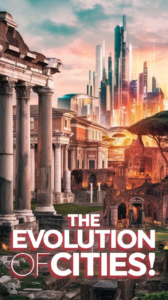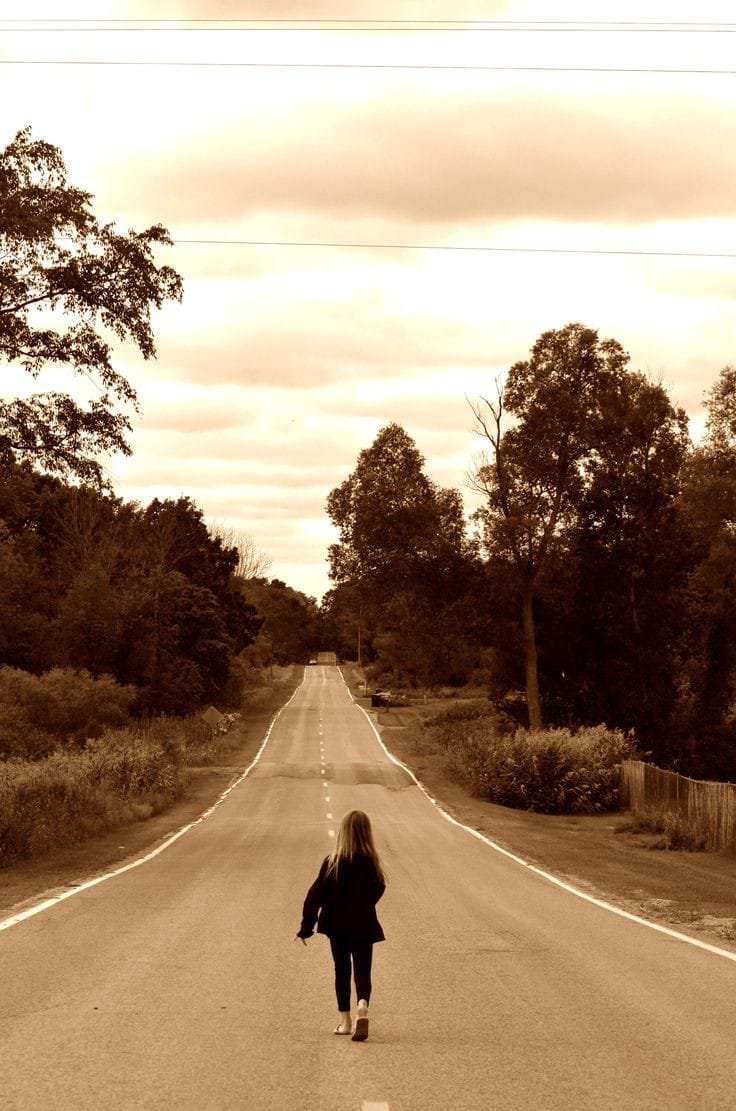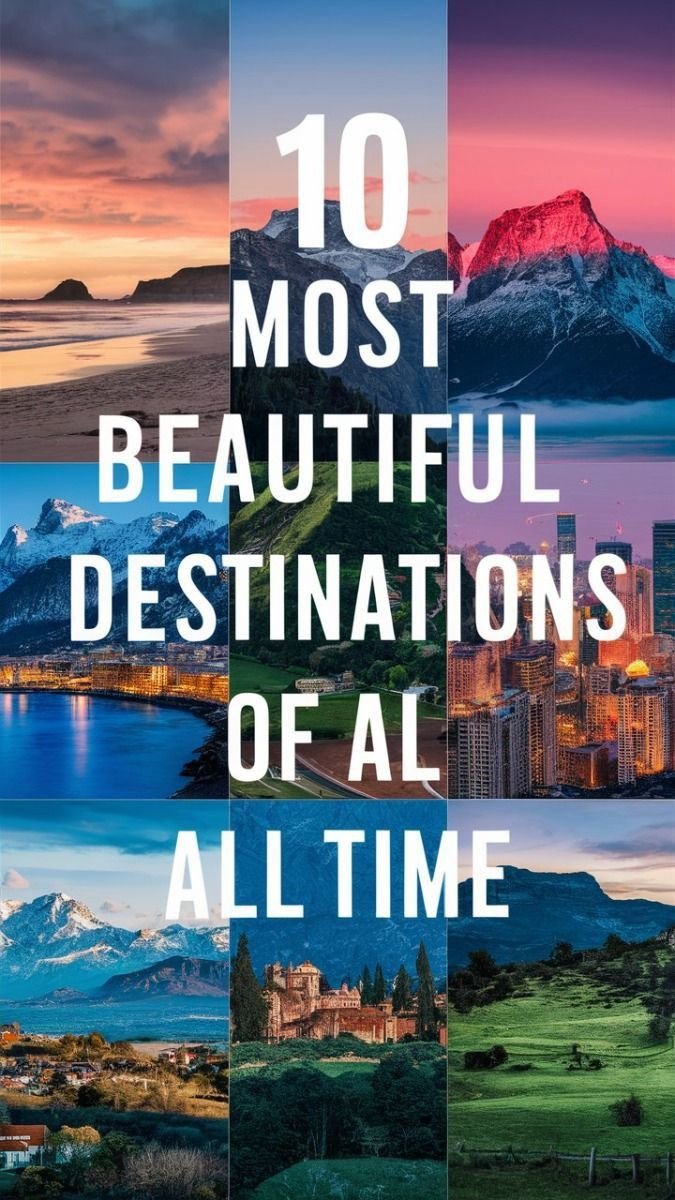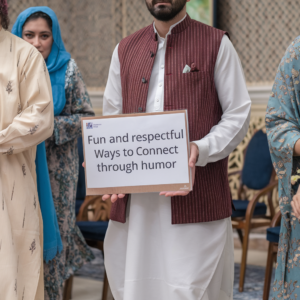Every mile in Pakistan is an experience, every encounter a life lesson. From the bustling streets in Lahore to the serene landscapes of Hunza, each region abounds with remarkable stories to tell about people in Pakistan.
Meet Abdul, a gutsy street hawker of Lahore, who teaches the value of persistence and love. Down the treacherous Karakoram Highway, a truck driver, Imran acts out the spirit of sharing and brotherhood, showing that even under harsh conditions, the virtue of compassion is alive and well. Elder Ghulam showcases the wisdom instilled in the people of the far-off village of Hunza, where the people retain culture yet embrace modernity.
Café owner Sara herself speaks of her place in Islamabad being one of welcome and cultural exchange, and says, “The power of human connection in today’s fast-paced world is strong.” In Peshawar, shopkeeper Rahim waxes proudly about his use of traditional crafts as a counter to modernity. A reminder that beauty truly rests in simplicity and craftsmanship. Lastly, Karachi-based artist Aisha breaks barriers with her innovative work: a show of courage in following one’s passion in a culturally challenged society.
These road stories epitomize the fact that life in Pakistan is a kaleidoscope of experiences, wherein some of these lessons were learned through chance meetings. Each story not only enriches one in the field of traveling but most essentially imparts universal lessons on resilience, generosity, and bonding between people. Join us on a journey of discovery as we traverse the diverse landscapes of Pakistan, along with its equally amazing people who make every journey unforgettable.
Traveling across Pakistan offers a canvas of experiences laced together with rich cultural heritage, overwhelming landscapes, and warmth associated with its people. From the noisy streets of Karachi to the tranquil valleys of Gilgit-Baltistan, journeys often lead to serendipity encounters and deep life lessons. Here, I share a few stories from the road in Pakistan that underline the beauty of human bonding and the wisdom gained from travel.

1. The Street Vendor and the Lesson in Resilience
While exploring the vibrant streets of the old city in Lahore, my eyes always went to that small stall where chats and pakoras were freshly made. Abdul, the vendor, a senior-aged man, looked weathered but had that spark in his eye. The sweltering heat and chaotic environment was not compromising his commitment to work.

As I tasted his delicacies, Abdul told stories of his life: how for decades he had come to the market stall through times of economic hardship, as well as political instability and personal losses. He was incredibly resilient, continuing to run his stall with a hardworking passion for the craft and a commitment to his customers.

Abdul’s story was a vivid reminder that the human spirit is capable of withstanding anything and rising above it. The way he faced life’s challenges taught me that one can surely convert any difficult situation into a wonderful opportunity for growth and joy, simply by persevering and showing passion.

2. The Truck Driver and the Value of Generosity
This is exactly how, on the way along one of the highest paved roads in the world-the Karakoram Highway-I came across a long-haul truck driver named Imran. Splendid as the drive through rugged mountains was, it was burdensome. For years Imran had gained experience driving this particular road and thus accommodated my request to hitch up for part of the way.

The stimulation was much stronger during our ride when he was relating stories both captivating and humbling about life on the road. He spoke about the hardships, camaraderie among truck drivers, and the sense of responsibility felt by him in delivering goods across difficult terrain. Another expected generosity was equally forthcoming from how Imran shared experiences and gave advice on mountain navigation.

Imran’s hospitality underlined the essence of generosity and community. Willingness to share his time with a fellow traveler brought out the essence of giving, even in the most desperate situations, and reminded one that true generosity often comes from understanding and empathy.

3. The Village Elder and the Wisdom of Tradition
It was in the small village of Hunza, literally at the foot of towering peaks that make up the Karakoram range, that I had an opportunity to meet an elder by the name of Ghulam. Full of breathtakingly beautiful landscapes and steeped in rich cultural history, the village still greatly paid attention to traditional practices with much respect.

Ghulam is a knowledgeable man about Hunza’s history and tradition. He invited me to his home for tea and, while talking to him, he told me about the living traditions of villagers that belong to family and community with respect for nature. His storytelling from ancient customs-from communal farming to the way ancient festivals are celebrated-offered a peek into the way of life, allowing modernity to blend well with tradition.

I could hardly help but see the meeting with Ghulam as a lesson in cultural retention. It made it clear that tradition and customs are kept alive to aid people in bonding and staying in touch with themselves against the fast-moving world. It is Ghulam’s wisdom that brought to my mind the beauty and strength found in the honoring of one’s roots.

4. The Islamabad Café Owner and the Power of Connection
Driving through the hustle and bustle of Islamabad, one day I happened to stop at this quaint café in F-7, one of the capital’s sectors. The owner was a young lady named Sara, who loved creating home for her customers. As I sat over steaming cups of coffee, working in my journal, Sara joined me to tell me how she could see the café as some sort of hotspot for cultural exchange and creativity.

But Sara’s café was not just a place to drink something; it was also a place for art exhibitions, poetry readings, and gatherings within the community. That was so inspiring, how she connected people and gave a chance to many local artists and thinkers to express themselves. This place was turned into a dynamic space where people of different backgrounds got together and shared ideas and experiences.

The fact that Sara was so dedicated to making a sense of community in her café spoke to the power of human connection. And it reminded me, because I think often in today’s world we are dominated by our digital interactions, personal connections and shared spaces really matter in helping people understand each other and create something new.

5. The Peshawar Shopkeeper and the Joy of Simplicity
It was one of those visits to the historical Qissa Khwani Bazaar in Peshawar that I stumbled upon this small craft-and-textiles shop. He introduced himself as Rahim, the middle-aged shopkeeper, and right away greeted me with a broad smile and a cup of chai. As I browsed through the colorful array of handmade goods, Rahim shared stories with me about each one of them and what they meant for their culture.

His shop was humble, yet proud and jolly at the same time. He spoke about how each piece was made with tenderness, how the origin of these crafts is one of those traditions passed on through generations. There was a palpable joy in him, a sharing of knowledge and pride in heritage.

My experience with Rahim was a lesson in simplicity and craftsmanship. It taught me that often, the ultimate satisfaction is derived from being grateful for little things in life and also pride in one’s own work. Rahim’s striving to save traditional crafts was an assurance that one can find profound satisfaction in what seems prosaic.

6. The Karachi Artist and the Courage to Innovate
While in Karachi, just walking around the busy neighborhood of Saddar to get a hang of the artistic feel, I encountered this artist-egghead Aisha. Her studio was marvelous, with many pieces of contemporary art pieces that used traditional techniques to bring out modern themes. She had worked so beautifully and poignantly that the work was strikingly engaging visually and intellectually.

While explaining her art, Aisha talked about her struggles to pursue this line as a career, which is mostly devalued in Pakistan. She informed me about how she had to get through all the hindrances: the society pressure, the need for money, and all others, yet her confidence in her passion for art never made her go astray. Indeed, her work and spirit showed the ability to be brave and innovative.

Aisha’s story was a strong lesson in tugging along one’s passion, no matter how many obstacles might be involved. It was truly representative of courage and creativity in forging a path which, even though difficult, could make a lot of sense and have an effective contribution to society.

Conclusion
Traveling through Pakistan uncovers a lot of stories, lessons mostly hidden under the hood of daily life. From the resilience of a street vendor to the wisdom of a village elder, each provides something valuable learned about life. These chance meetings and road lessons enrich our journeys beyond merely the places we reach but mark the perception of ourselves and the world. In this volume, stories bear out the sense that the journey is about the people we meet and the lessons we learn as much as the destination.
























+ There are no comments
Add yours